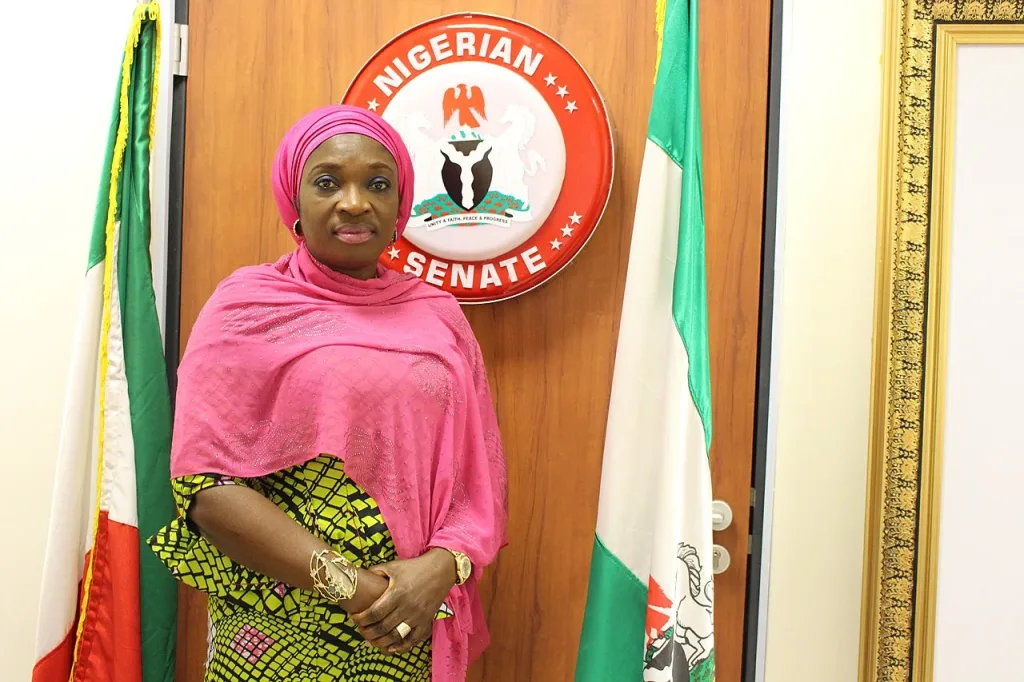Nigerian political tensions have escalated ahead of elections in Anambra State as the opposition All Progressives Grand Alliance (APGA) demands the disqualification of Senator Uche Ekwunife, deputy governorship candidate of the ruling All Progressives Congress (APC). The call follows allegations that Ekwunife submitted a PhD certificate from Atlantic International University, a Hawaii-based institution described by APGA as an unaccredited “degree mill.”
APGA’s National Publicity Secretary, Ejimofor Opara, argued in a public statement that Ekwunife’s decision to present a doctoral credential from the disputed university—instead of her prior academic records—raises doubts about the legitimacy of her qualifications. “Submitting a PhD from an institution widely dismissed as a certificate factory suggests a pattern of dishonesty,” Opara said, alleging the move was “willful and deliberate” to bypass legitimate academic rigor.
Atlantic International University has faced scrutiny in multiple countries for operating as an unregulated online entity, offering degrees with minimal academic requirements. While Ekwunife’s campaign has yet to publicly address the claims, APGA insists Nigeria’s Independent National Electoral Commission (INEC) must reject credentials from unrecognized institutions. “If her earlier degrees are valid, why not present them?” Opara questioned, urging electoral authorities to set a precedent by investigating the matter.
The controversy taps into broader concerns about credential fraud in Nigeria, where fake certificates from overseas institutions have periodically surfaced in politics and civil service. Critics warn that tolerating such practices risks eroding public trust in governance. APGA framed its petition as a defense of meritocracy, stating that unchecked fraud could “deepen systemic decay” in a nation already grappling with institutional challenges.
INEC has not issued an official response, leaving unresolved whether Ekwunife’s candidacy will proceed. Legal experts note that Nigeria’s electoral laws require candidates to provide verifiable qualifications, though enforcement historically varies. With Anambra’s election seen as a bellwether for national political dynamics, the outcome of APGA’s challenge could influence how similar cases are addressed ahead of Nigeria’s 2027 general elections.
